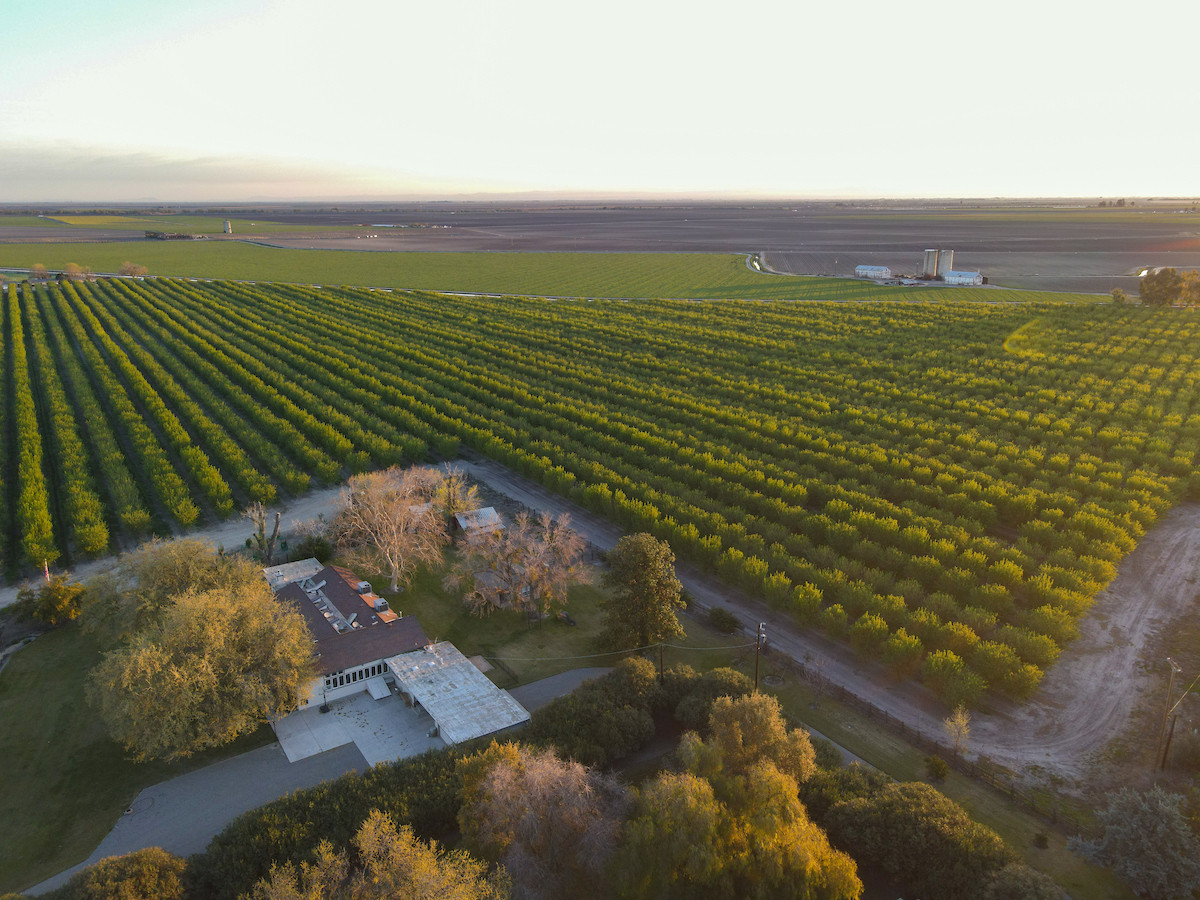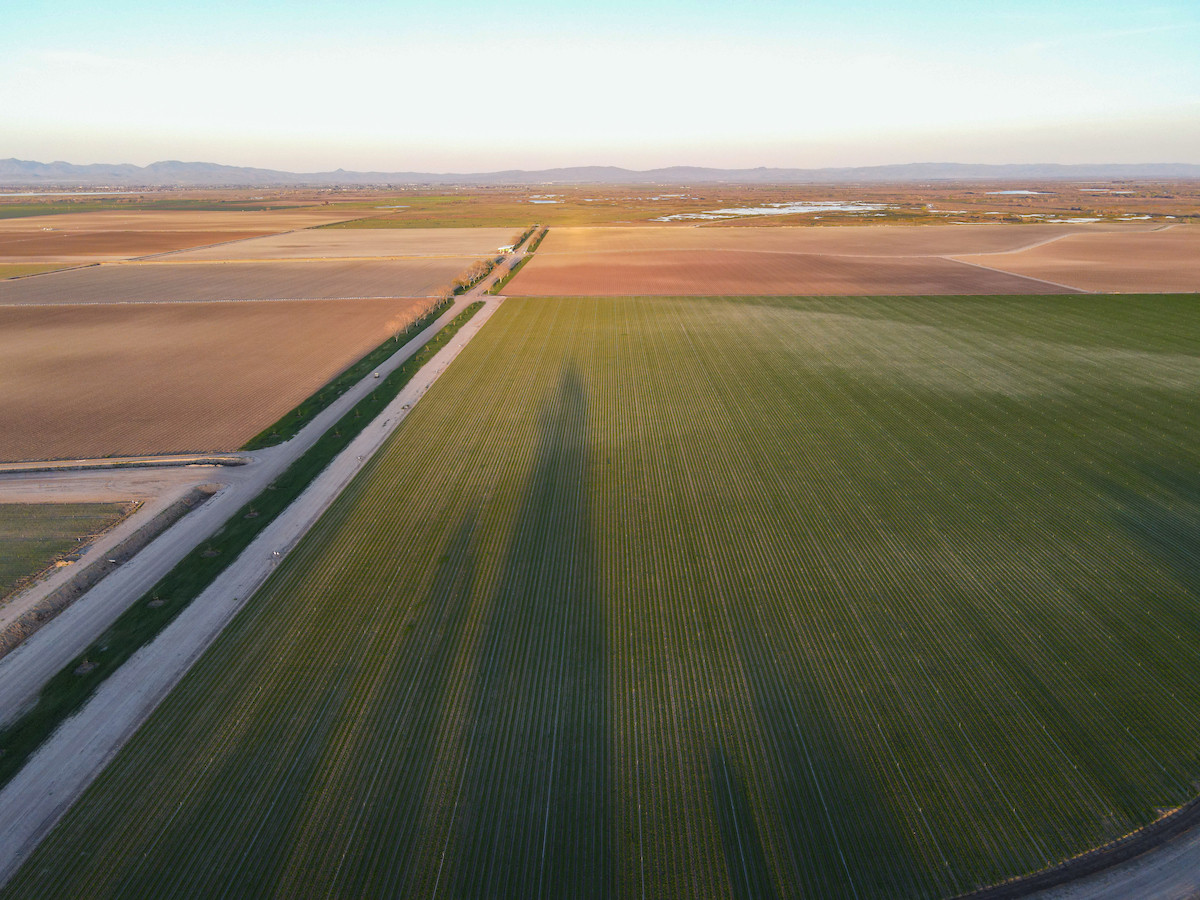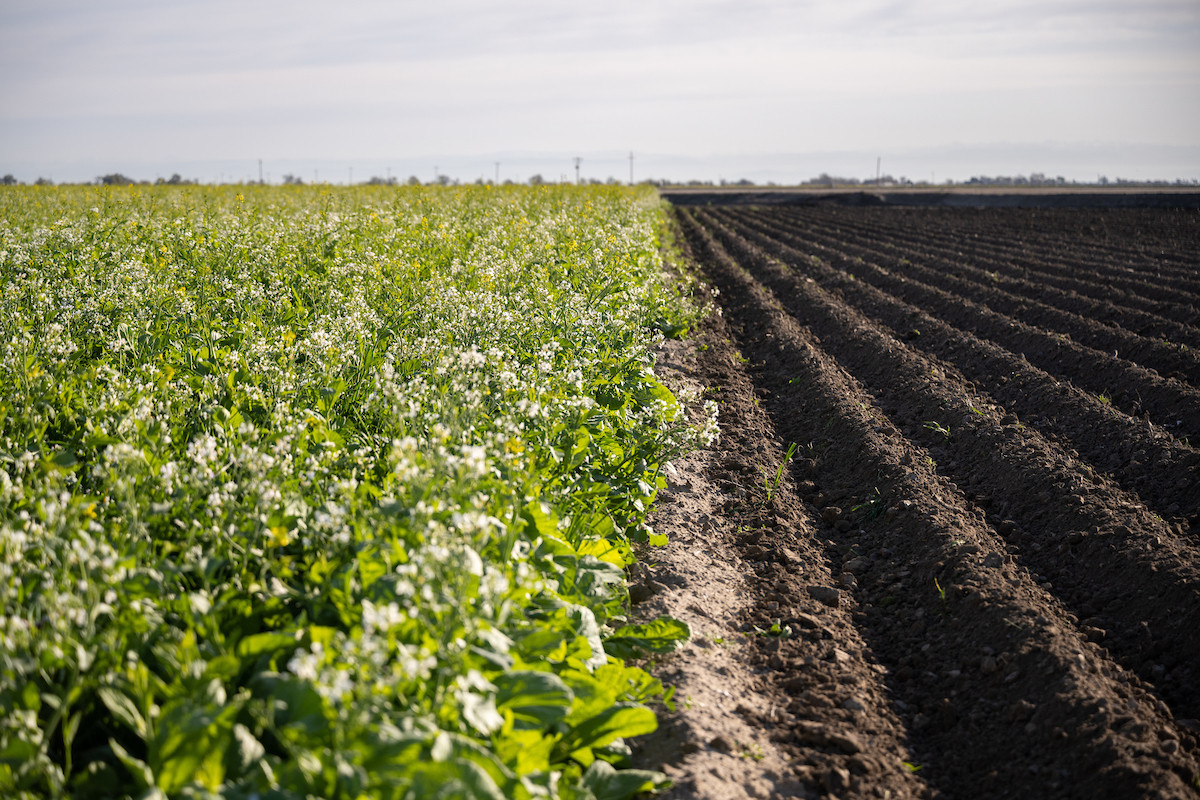Why It Matters
California agriculture feeds the nation with more than 400 commodities, including a third of the vegetables and three-quarters of the fruits and nuts, reports the California Department of Food and Agriculture. But the state is losing 50,000 acres a year, according to the California Department of Conservation, which is threatening the nation’s food system.
Climatic challenges, from historic droughts and wildfires to devastating floods, are making regenerative agricultural solutions more important than ever for California agriculture. Farmers need adequate technical and financial support to transition to these practices and conserve the state’s dwindling natural resources. See AFT’s Climate Initiative’s comprehensive approach.
The average California farmer is nearly 60, and an estimated 40 percent of the nation’s farmland is transitioning over the next 15 years. As this Triple Pundit article explains, AFT is working to untangle and remedy some of the persistent effects of inequitable and discriminatory policies, systems, and practices that have targeted farmers of color and other historically underserved producers, who are poised to help fill the void in this generational shift.
Our Approach
Protecting Farmland – For more than 40 years, AFT has sponsored farmland protection policies, protected farmland ourselves, helped create other land trusts, and provided research data, tools, and training to planners, land trusts, farmers, landowners, and agencies.
Scaling Up Regenerative Agriculture – To help increase farmers’ climate resilience, we’re accelerating these growing practices through on-farm research, in field technical and financial assistance, case study publications, and tools that help farmers make informed farm management decisions and quantify the economic and environmental impacts.



